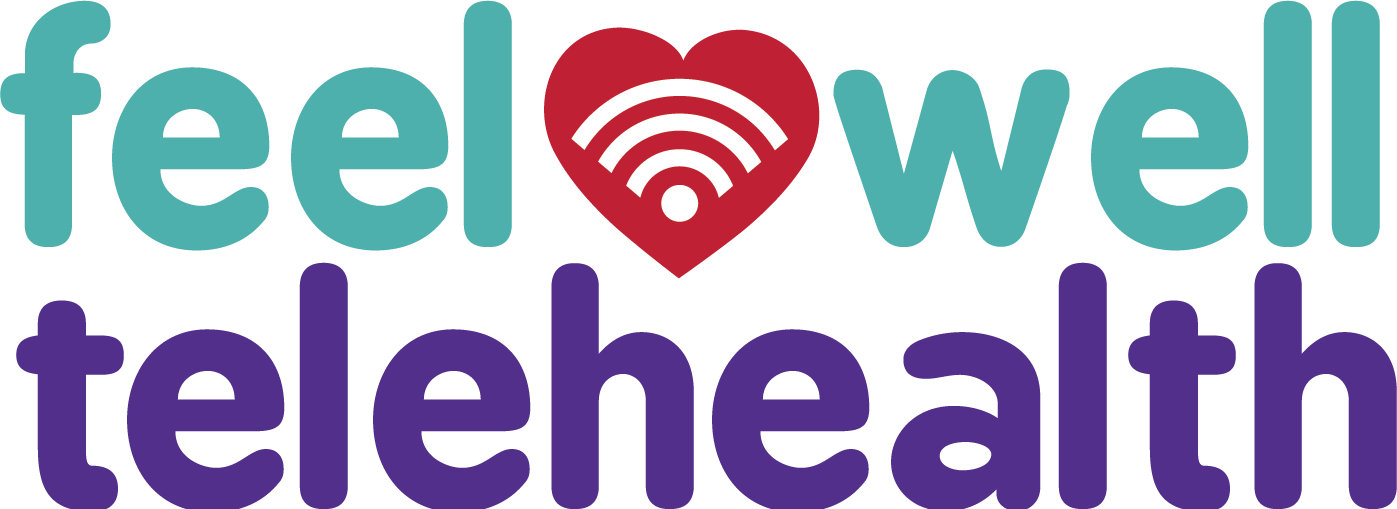How Intermittent Fasting impact your brain?
 Did you know your brain function is affected by trillions of microorganisms in your gut?
Did you know your brain function is affected by trillions of microorganisms in your gut?
Your gastrointestinal tract colonizes a variety of “good” bacteria, and they have several functions including a role in some neurotransmitter’s formation. The interaction between your enteric (stomach) nervous system and your central nervous system has an indirect effect on your brain function.
Intermittent fasting helps to enrich the diversity of your gut microorganisms. Two of the main factors for a healthy gut are your diet and the time you eat.
How does intermittent fasting contribute to your brain top performance?
The National Institute of Health published a comprehensive study in September 2021 about the effects of intermittent fasting on brain and cognitive function. They acknowledged the different kinds of intermittent fasting and the human capacity to switch from glucose to fat/lipids source for energy.
When your body makes this switch a cascade of metabolic, cellular, and circadian changes happen. They are associated with numerous health benefits, including the optimization of your gut microbial structure promoting anatomical and functional changes in the brain. Another indirect benefit on the brain might be related to the improvement of insulin sensitivity.
During fasting periods ketones becomes the preferred fuel for your brain. They regulate some neuron functions which are associated with the promotion of cellular stress resistance. The lower levels of glucose during intermittent fasting also inhibit anabolic processes. It triggers cellular repair by stimulating autophagy, a process where neurons remove dysfunctional or damaged components. Autophagy is also responsible for your body’s ability to clear harmful free radicals and reduces inflammation. It may improve your cognitive function, learning, and memory.
The number of clinical studies examining the effects of intermittent fasting on neurological diseases is still limited. Fortunately, the research available indicates great potential to prevent and treat brain-related diseases.
Most people can practice intermittent fasting safely and get health benefits. But talk to your healthcare provider first, intermittent fasting is not for everyone.
I’m here for you!


